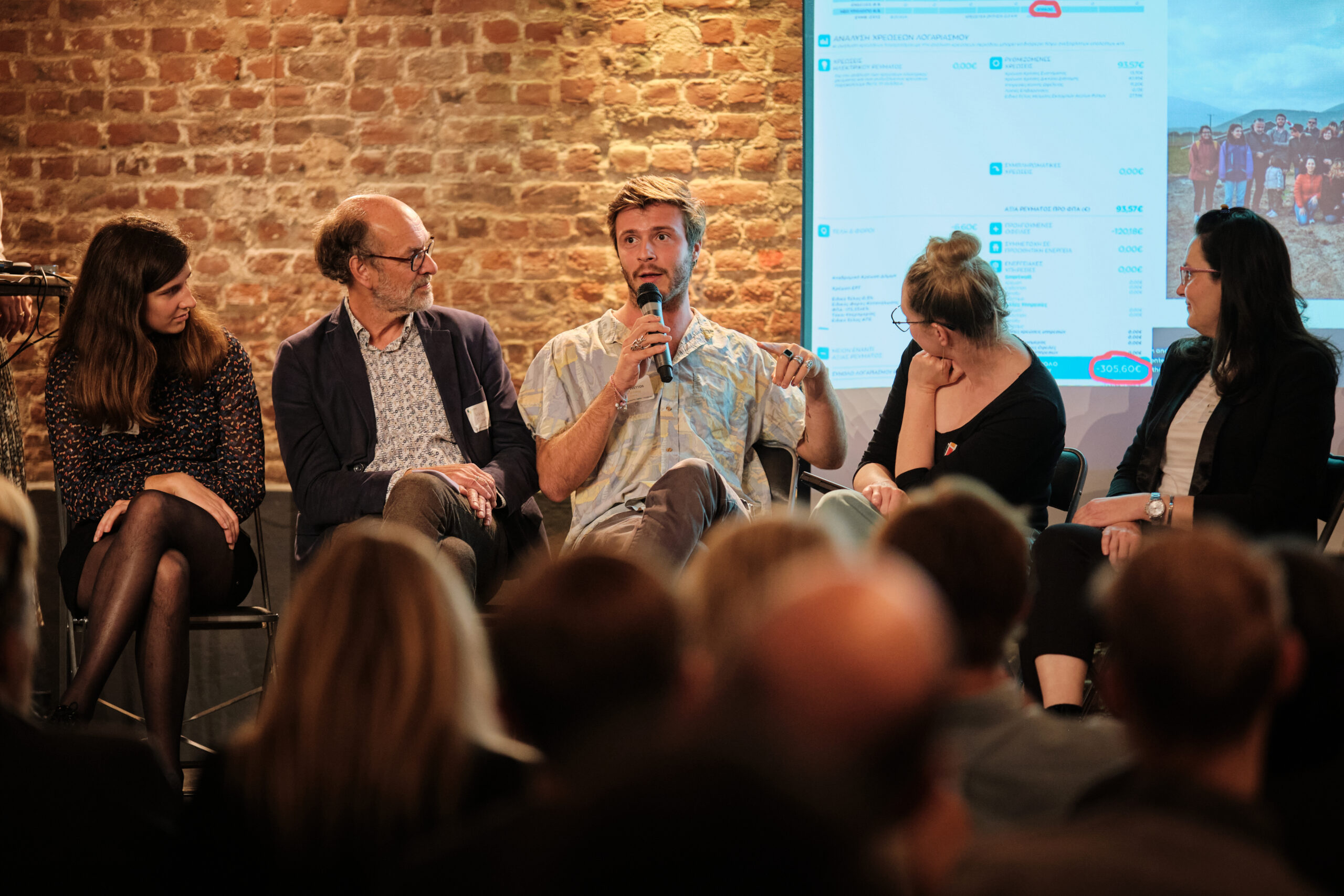After 4 years, the project is now approaching its end. What have we learned from the pilot’s experience? What has the project accomplished?
Lesson from Parentium: legal framework matters…but hard work will pay off in the end!
The brilliantly innovative voucher model concept developed by the City of Poreč-Parenzo and the Croatian Green Energy Cooperative has sparked a lot of interest among fellow municipalities…But unfortunately, due to the unsupportive legislative context, burdensome administrative procedures and lacking legal framework at national level, the voucher model concept is still to be tested in practice. However, having set the pathway, within a new EU funded project called SPARKLE, the Parentium community team will continue to promote energy communities, community energy and set grounds for future innovative synergies connecting the public sector and citizens.
Lesson from Licht Leuven: direct interaction works best
Regardless of who you’d like to involve in your community energy project, keep in mind that direct interaction has proven to be the most effective approach. In Leuven, it allowed for more personalised and tailored communication, fostering stronger connections and understanding. With this approach, not only the Licht team achieved a broader reach, but also meaningfully engaged many locals in the project. However, it is also the more labour-intensive method and could be very challenging to implement without a dedicated team behind.
Lessons from the Economes: work hard, play harder
The French group of volunteers behind the Economes pilot was surprised by the huge interest gathered by their board game “Pete les plombs” (the literal French translation of “Blow the fuse”). It was supposed to be just one of their awareness raising activities on the topic of energy consumption, but they ended up running many sessions and are now considering selling the game to sustain the other activities of the community. It was much easier to gather a group of citizens with the promise of a game or a drink than to invite them to a roundtable about energy efficiency!
Lesson from Hyperion II: don’t be too quick at communicating
Providing the members with negative energy bills was a turning point for the Hyperion II solar PV project. But the giant publicity around this led also to some unwanted attention on the community, with big energy providers starting to lobby the government to prevent this situation from happening again and defend “business as usual”. In a context of an unfavourable political environment, even a huge achievement can put the project at risk! Sustained and coordinated advocacy at the EU level will be essential over the next years to ensure that energy communities continue being supported, despite pushback by entrenched interests. Mainstreaming support for energy communities in all upcoming policy files (Social Climate Plans, Renewable Acceleration Areas, Electricity Market Design), can provide this supportive backbone to the democratic energy transition. This can be all coordinated under the upcoming Citizen Energy Package.
Lesson from Buurtwarmte: citizens want to have their say in district heating projects
It was not easy for the Buurtwarmte pilot to convince people to connect to their district heating network. One of the main obstacles was linked to the ownership of the system: in Buurtwarmte, the network is owned by a public company so some people felt they did not have enough capacity to influence the decision on the project. In an ideal situation, the network would be co-owned by the energy community, so that they could take important decisions such as heat sources, heat prices, etc.
Shaping the energy transition, together
On October 7th, we celebrated the project with the event “Shaping the energy transition, together”. Around 80 participants from all over Europe discovered the SCCALE 20 30 50 toolkit, and learned from the pilots’ challenges, missteps and achievements. Thanks to role games and small group conversations, they had the chance to consider the perspective of different stakeholders and discuss how to address the most pressing obstacles energy communities are confronted with today. Different projects and initiatives such as Life LOOP, the European Urban Initiative’s City to City Exchange, the Energy Community Platform and the newly launched Energy Community Facility were presented during the event. They will build on the work of SCCALE 20 30 50, allowing cities and citizens to keep learning from one another, develop business plans for their projects, and work together to foster a fair energy transition in Europe.
Do you want to learn more about everything the SCCALE 20 30 50 project accomplished? Check out this publication
Picture by Sam Glazier
